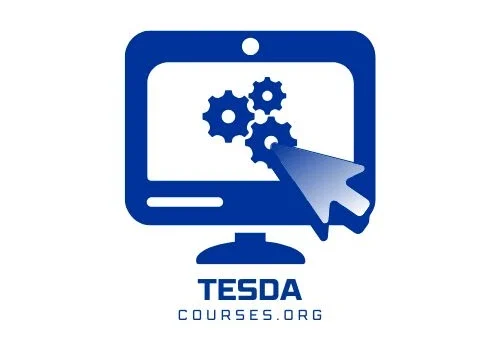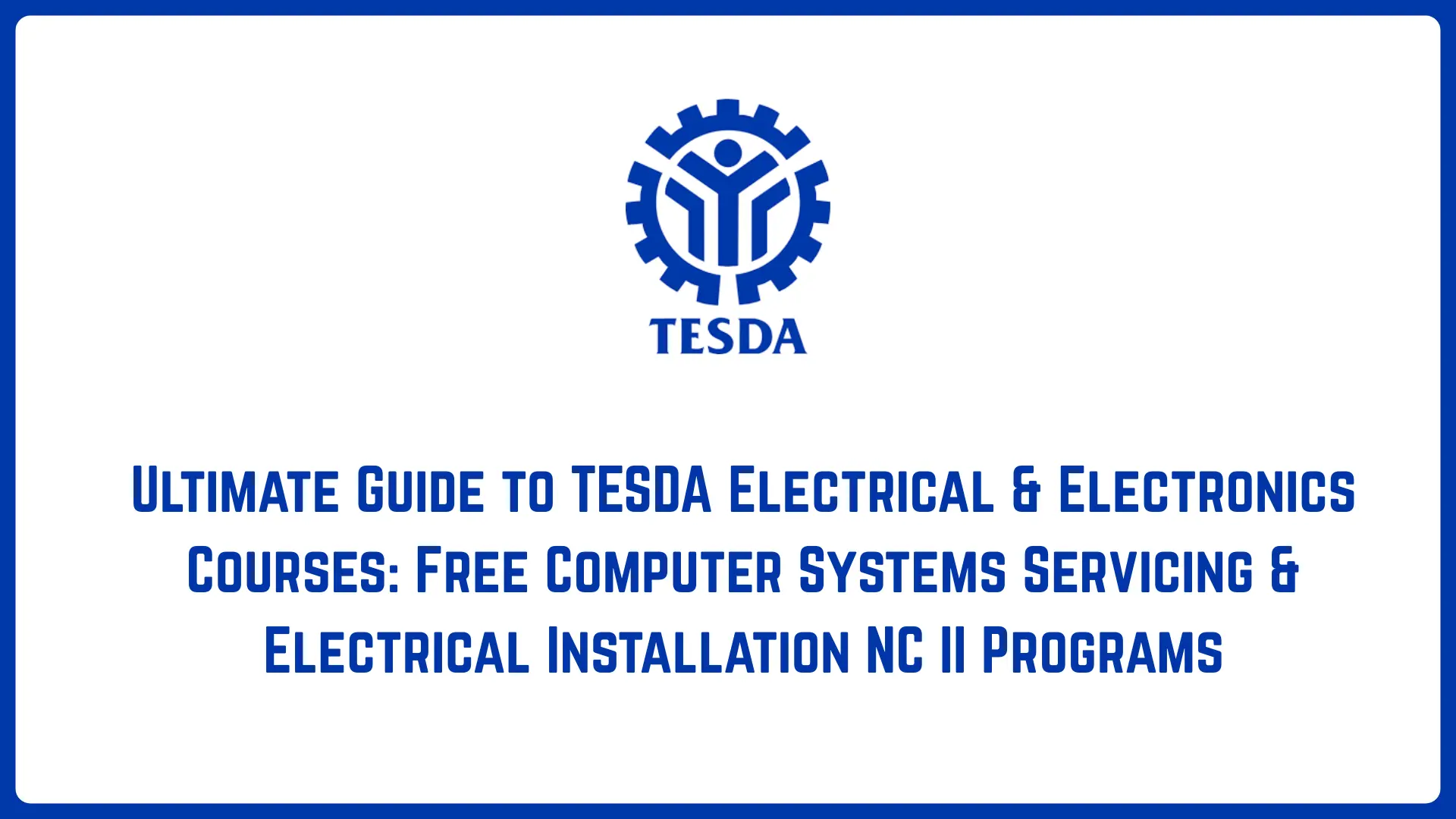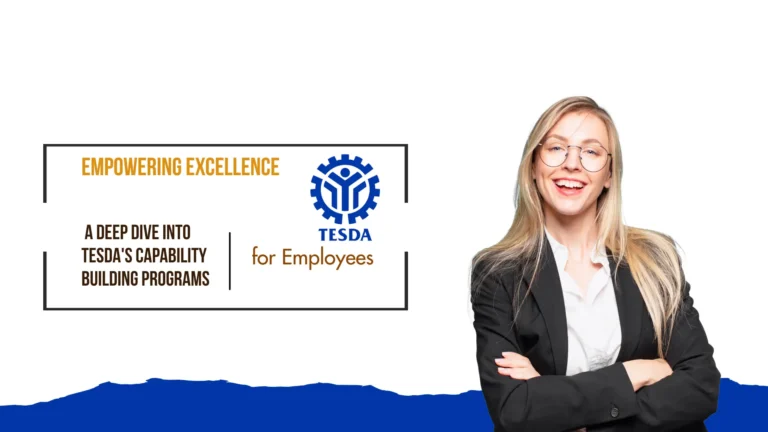Ultimate Guide to TESDA Electrical & Electronics Courses: Free Computer Systems Servicing & Electrical Installation NC II Programs
Electrical and electronics courses from TESDA represent some of the most valuable technical training programs available in the Philippines today. These free electrical courses provide comprehensive skills development in computer systems servicing, electrical installation, maintenance, and renewable energy technology. This ultimate guide explores TESDA’s complete electrical and electronics curriculum, detailing how these programs can transform your career prospects in the rapidly evolving technology sector.
The Growing Demand for Electrical and Electronics Skills
The electrical and electronics sector in the Philippines has experienced unprecedented growth, with the Department of Energy reporting a 15% increase in energy infrastructure projects and the Information Technology and Business Process Association noting continuous expansion in the technology sector. This growth has created an urgent need for skilled technicians trained in electrical courses and computer systems.
The Philippine construction industry’s 12% annual growth rate, coupled with the digital transformation across all business sectors, means that professionals with electrical and electronics certifications enjoy numerous employment opportunities with competitive salaries. TESDA’s electrical courses directly address this skills gap, providing industry-relevant training that meets both local and international standards.
Computer Systems Servicing NC II Complete Program
Introduction to Computer Systems Servicing
This foundational electrical and electronics course serves as the essential prerequisite for the entire CSS NC II program. The module provides comprehensive coverage of computer hardware fundamentals, including motherboard architecture, processor technologies, memory systems, and storage devices. Students learn safety protocols, electrostatic discharge prevention, and tool identification. The course also introduces operating system concepts, file management, and basic troubleshooting methodologies that form the basis for advanced computer servicing skills.
Installing and Configuring Computer Systems
This hands-on electrical course module delves into practical computer assembly and software installation. Students master the complete disassembly and reassembly of desktop computers, learning proper component handling techniques and compatibility assessment. The software installation section covers operating system deployment, driver installation, and application software configuration. Trainees learn dual-boot system setup, virtualization technologies, and system optimization techniques that ensure peak computer performance across different usage scenarios.
Setting Up Computer Networks
Network infrastructure skills form a crucial component of modern electrical and electronics training. This comprehensive module teaches network architecture principles, cable crimping techniques (including RJ-45 connectors for Ethernet networks), and network topology design. Students configure routers and switches, set up wireless networks with security protocols, and learn IP addressing schemes including IPv4 and IPv6. The course includes practical exercises in network troubleshooting, performance monitoring, and basic network security implementation.
Setting Up Computer Servers
Server administration represents an advanced specialization within electrical and electronics careers. This module covers server hardware specifications, RAID configuration, and server operating system installation. Students learn user account management, group policy implementation, and network service configuration including DNS, DHCP, and file sharing services. The course includes practical training in server maintenance, backup strategies, and disaster recovery planning essential for enterprise IT environments.
Maintaining Computer Systems and Networks
Preventive maintenance skills differentiate professional technicians in the electrical and electronics field. This comprehensive module teaches systematic maintenance planning, performance monitoring techniques, and diagnostic procedures. Students learn hardware maintenance routines, software update management, and network performance optimization. The course includes real-world scenario training for system troubleshooting, data recovery procedures, and documentation practices that meet industry standards.
Electrical Installation and Maintenance NC II
Introduction to Electrical Installation and Maintenance
This essential electrical course provides the theoretical foundation for all electrical work. Students learn electrical theory, Ohm’s law applications, circuit analysis, and electrical measurement techniques. The module covers the Philippine Electrical Code requirements, safety standards, and personal protective equipment usage. Trainees develop understanding of electrical symbols, blueprint reading, and project documentation essential for professional electrical work.
Roughing-In Activities and Cabling Works
Practical skills development begins with this comprehensive electrical and electronics module focusing on installation preparatory work. Students learn conduit bending techniques, cable pulling methods, and junction box installation. The course covers wiring techniques for single-phase systems, cable sizing calculations, and circuit arrangement planning. Safety procedures for working with live panels and proper grounding techniques form a critical component of this training module.
Electrical Protective Devices Installation
This specialized electrical course module focuses on safety systems and protective devices. Students learn to install and configure circuit breakers, fuses, surge protectors, and ground fault circuit interrupters. The training includes lightning protection system installation, surge suppression techniques, and emergency power system configuration. Students develop skills in protective device coordination and system reliability enhancement.
Wiring Devices Installation
The final practical electrical and electronics module covers endpoint device installation. Students master outlet installation techniques, switch wiring configurations, and lighting fixture installation. The course includes specialized training for different mounting scenarios including floor outlets, wall-mounted devices, and ceiling installations. Trainees learn load calculation, circuit balancing, and energy efficiency considerations for residential and commercial applications.
Renewable Energy Technology Training
Solar Night Light Assembly
This innovative electrical course introduces renewable energy concepts through practical application. Students learn photovoltaic principles, solar panel characteristics, and battery storage technologies. The hands-on training includes circuit assembly, soldering techniques, and component testing. Trainees develop understanding of charge controller operation, LED lighting technology, and automatic switching circuits. This module provides foundational knowledge for advanced solar technology training programs.
Comprehensive Enrollment Process
Enrolling in TESDA’s electrical and electronics courses involves a straightforward process designed to maximize accessibility. Prospective students must first create an account on the TESDA Online Portal, where they can access course materials, schedules, and registration information. The electrical courses typically require basic educational qualifications, though many programs welcome students with varying educational backgrounds.
The training combines theoretical learning through TESDA’s online platform with hands-on practical sessions at accredited training centers. This blended approach ensures that students completing electrical and electronics programs possess both the knowledge and practical skills demanded by employers. The programs typically range from 3-6 months depending on the specific qualification, with flexible scheduling options available for working students.
Career Pathways and Employment Opportunities
Graduates of TESDA’s electrical and electronics programs qualify for numerous high-demand positions across multiple industries. Computer Systems Servicing NC II graduates find employment as computer technicians, network support specialists, IT support staff, and system administrators. The program serves as excellent preparation for advanced certifications like CompTIA A+ and Cisco CCNA.
Electrical Installation and Maintenance NC II graduates pursue careers as electrical technicians, maintenance electricians, building wiring specialists, and electrical project assistants. The certification meets the requirements for various positions in construction firms, manufacturing plants, and facility management companies.
The renewable energy training opens opportunities in the growing solar energy sector, with positions available in solar panel installation, maintenance, and renewable energy system design. The electrical and electronics sector offers starting salaries ranging from ₱15,000 to ₱25,000, with experienced technicians earning significantly higher compensation.
Industry Certification and Global Recognition
TESDA’s electrical and electronics certifications enjoy recognition both domestically and internationally. The National Certificate (NC) obtained upon completion of these programs validates that the holder has demonstrated competence based on industry standards. This certification is particularly valuable for overseas employment, with many countries recognizing TESDA qualifications for skilled worker visas.
The electrical courses align with international standards, ensuring that graduates possess skills relevant to global job markets. Many TESDA graduates have successfully found employment in countries like Singapore, Saudi Arabia, and the United Arab Emirates, where their certifications are highly valued by employers seeking skilled technical workers.
Success Stories from TESDA Graduates
Numerous success stories demonstrate the transformative impact of TESDA’s electrical and electronics programs. Maria Santos, a Computer Systems Servicing NC II graduate from Cebu, established her own computer repair business that now employs five technicians. “The practical skills I gained from TESDA’s electrical courses gave me the confidence to start my own business,” she shares.
Juan dela Cruz, an Electrical Installation and Maintenance NC II graduate from Davao, now works as a lead electrician for a major construction company in Qatar. “The comprehensive training I received through TESDA’s electrical and electronics program prepared me for international standards and practices,” he notes.
These stories highlight how TESDA’s electrical courses have enabled thousands of Filipinos to achieve financial stability and professional success through skills development.
Future Trends in Electrical and Electronics Fields
The electrical and electronics field continues to evolve with several emerging trends that TESDA’s programs address. Smart home technology integration, renewable energy system expansion, and electric vehicle infrastructure development represent growing areas requiring skilled technicians. The Internet of Things (IoT) devices and industrial automation systems create new opportunities for electrical and electronics professionals with updated skill sets.
TESDA continuously updates its electrical courses to include these emerging technologies, ensuring graduates remain competitive in the job market. The integration of solar technology training into traditional electrical and electronics programs demonstrates TESDA’s commitment to keeping curriculum relevant to industry needs.
Start Your Electrical and Electronics Career Today
Electrical and electronics courses from TESDA provide the comprehensive training needed to succeed in various technology sectors. With free access to quality education and industry-recognized certification, these programs offer life-changing opportunities for技能 development and career advancement.
Ready to energize your future? Enroll in TESDA’s electrical and electronics courses today and take the first step toward becoming a certified technology professional.







